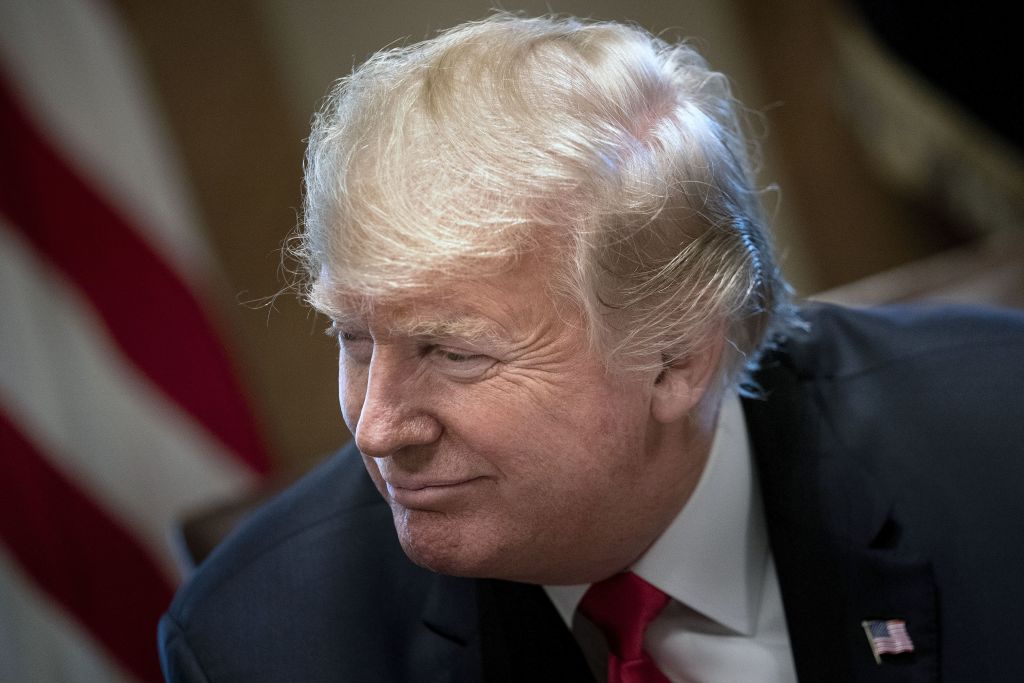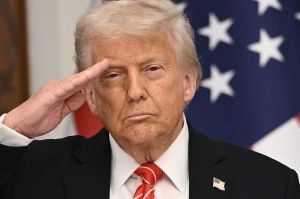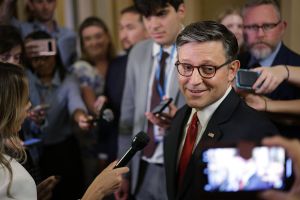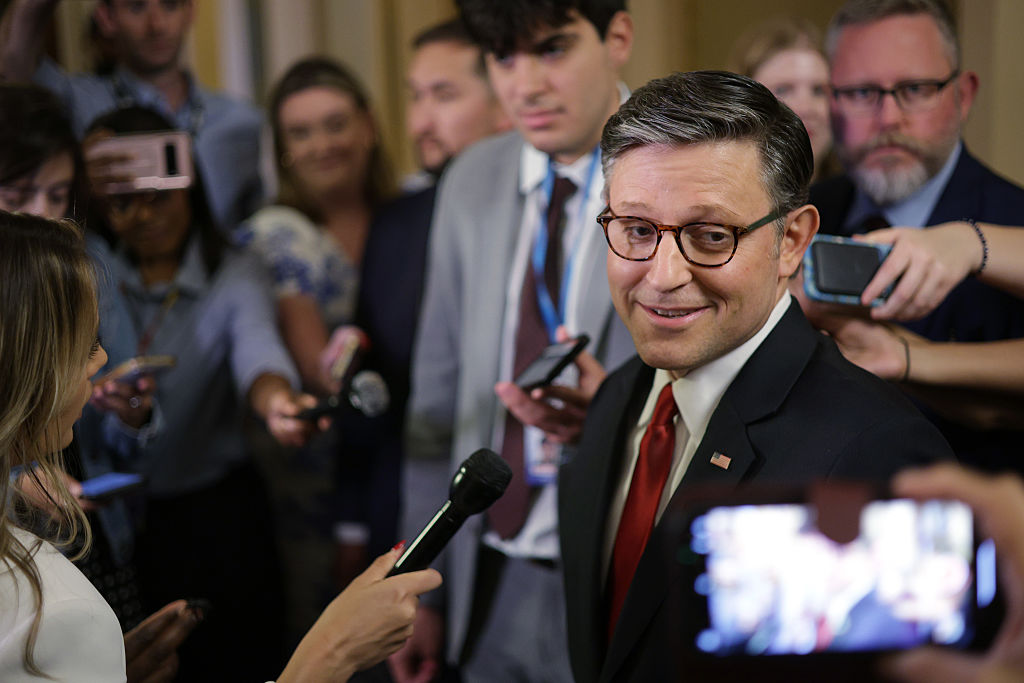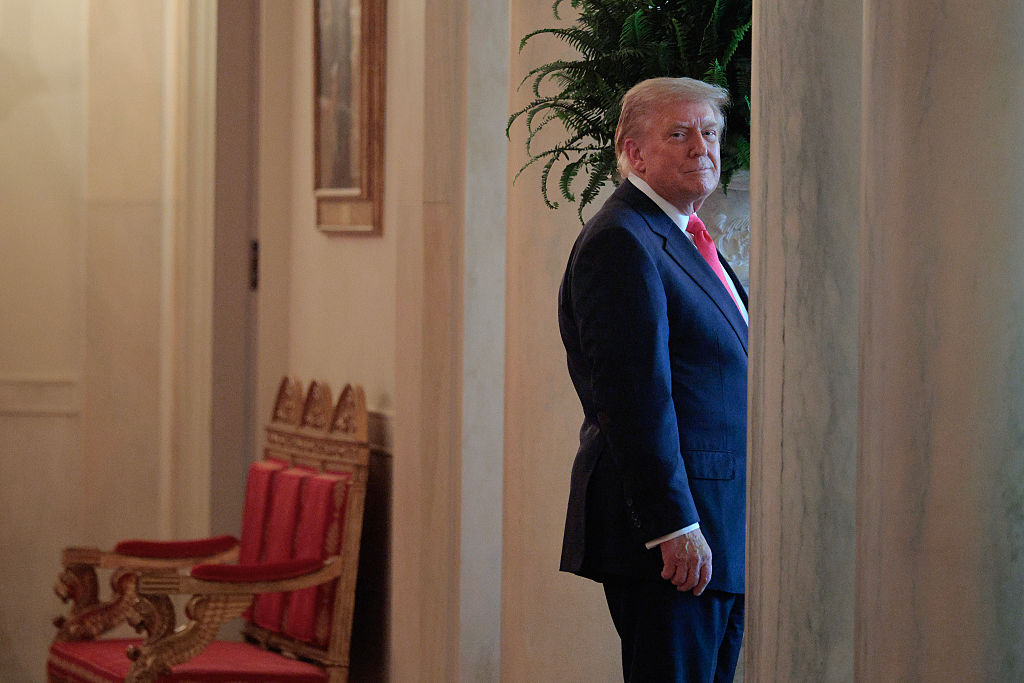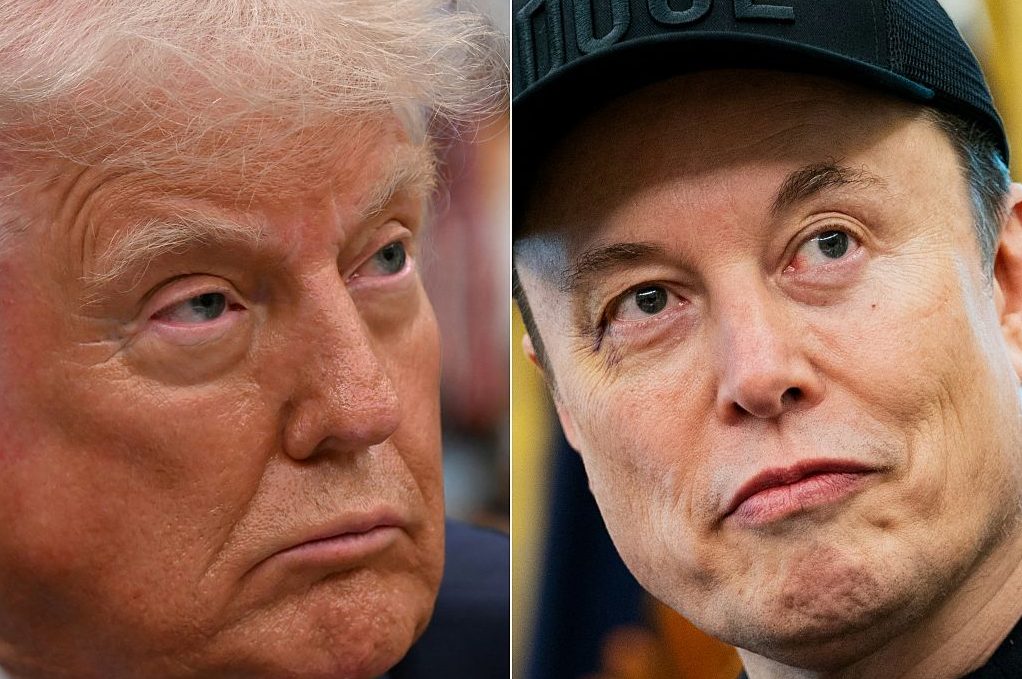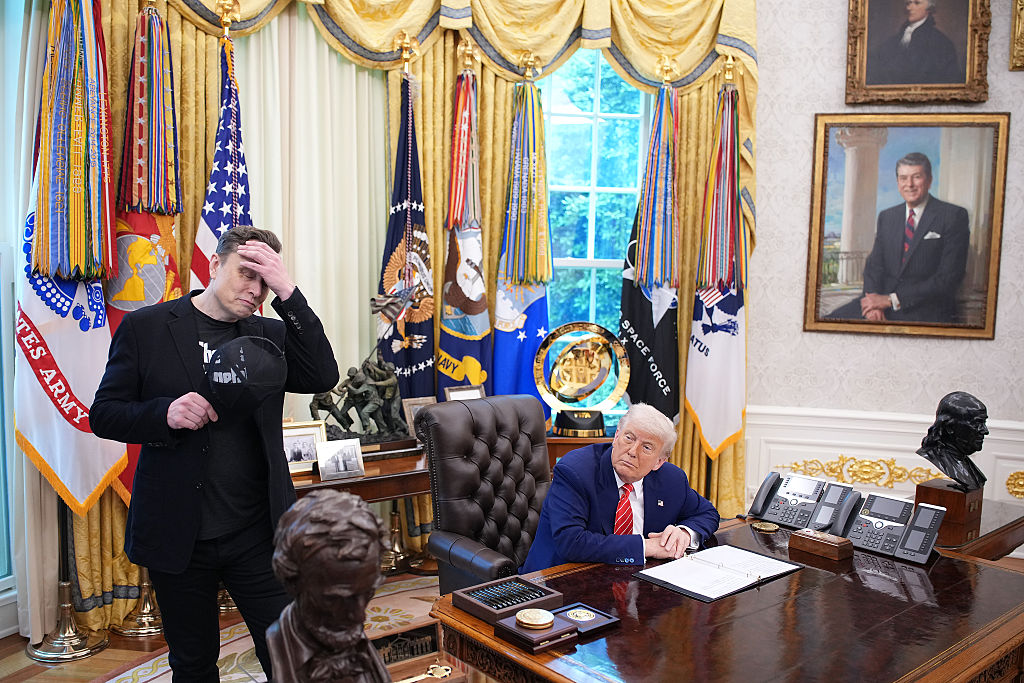Sometime back in the Pleistocene Era — that is to say, round about 2015 — a frequent criticism of Donald Trump was that he wasn’t ‘really’ a conservative. He was an ‘opportunist,’ you see, someone who blithely changed his position on exigent issues — abortion, government run health care, etc. — and even his political party to suit the prevailing winds of the zeitgeist.
There is something to that charge, but the more interesting question is whether it counts as a criticism or a commendation.
The poet William Blake was not exactly a political sage. But his observation that an honest man may change his opinions but not his principles is relevant here.
It was not until he became President, I believe, that Donald Trump began speaking about ‘principled realism.’
Whenever the President has laid out that idea, the punditocracy has been quick to criticize him. Following his UN speech this autumn, for example, Quartz dismissed the idea as an ‘oxymoron’ that was ‘baffling’ the foreign policy establishment.
Baffling it may be to the residents of Turtle Bay, Foggy Bottom, and their stable of K-Street plotters and scribes. But in fact, the President was admirably lucid in explaining what he meant by ‘principled realism.’ At the center of the idea is the resolute determination that ‘we will not be held hostage to old dogmas, discredited ideologies, and so-called experts who have been proven wrong over the years, time and time again.’ I’ve laid out what I think that means in the column linked above and in commentary on the President’s articulation of his national security policy a year ago.
The lodestar is pragmatism energized by tactical nimbleness. We want prosperity, national security, and the rule of law. What are the most likely routes to those goals?
It does not take a political genius to understand that weaponizing entities like the EPA, the IRS, and the whole lumbering apparatus of the administrative state is unlikely to attain those goals.
Many observers were taken aback at the President’s response to the midterms. He seemed to relish the results. True, he picked up more seats in the Senate than any first-term midterm since 1962. But he lost a passel of House seats, losing Republican control of that body. It was not unexpected, and was far from the rout that Obama experienced in 2010. Still, the result was mixed.
And yet here was the President suggesting that it was somehow better that he had lost the House. Why? Not because it increased the chances that he would be entertaining articles of impeachment. No, he professed liking the result because it increased the chances of bipartisan support for critical legislation on pressing issues like infrastructure.
This, I believe, was the harbinger of the President’s agenda in 2019. You’ll see more and more efforts to work across the aisle to accomplish the nation’s business. The high-drama White House meeting with Nancy Pelosi and Chuck Schumer last week was a preview of things to come.
The Hill oozed all over that performance, declaring that Nancy Pelosi had got her ‘swagger’ back. I wonder whether the technical whizzes who are responsible for broadcasting such events have mastered the art of beaming one show into certain households and very different shows into others. According to The Hill, Pelosi and Schumer both played the President, getting him to ‘own’ a government shutdown, should one happen over the impasse to fund the border wall.
From where I sat, however, it was the President who won that round. Not only is a ‘government shutdown’ just a hiatus of non-essential government services, most of those bodies are staffed by loyal Democratic voters. In other words, who cares if the government ‘shuts down’? It might save some dough. There is also the fact that the President explicitly made the discussion about border security and the safety of ordinary Americans. The wall was an essential instrument in achieving those goals, but it was only an instrument. For most people watching the discussion, I suspect, Pelosi and Schumer both came across as shifty, desperate, uncompromising pols who were perfectly willing to sacrifice national security on the altar of a dangerous but Democratic-vote-getting strategy of open borders.
This is what is going to happen going forward. Not only does the President have a solid majority in the Senate, he also has been mercifully relieved of traitors in his midst like the aptly-named Jeff Flake and Bob Corker. Gone, too, is the egregious grandstanding John McCain. Now, his 53 votes in the Senate are 53 votes, with a margin of error for those issues upon which unreliable allies like Susan Collins might demur.
In the House, rogue elements represented by Adam Schiff, Jerrold Nadler, and Mad Max Waters may insist on drawing up articles of impeachment. But they won’t go anywhere and the public, which increasingly supports the President despite round-the-clock sniping a hostile press, will regard the effort as the partisan stunt that it is.
Here’s my prediction. 2019 will be a year of consolidation. You’ll see important infrastructure bills and important trade deals. The Chinese will back off without quite backing down. The Wall on our southern border will get built, but without the support, indeed over the vociferous objection, of the America-last contingent in Congress. Probably, Trump will have to engage the Army Corps of Engineers to get the job done. But it will get done because Trump’s political future requires it.
It would be issuing spoilers to look much further ahead. But I will say this. After Trump is re-elected in 2020, look for very bold drain-the-swamp initiatives in the first few months. Whole agencies, like the worse-than-useless Department of Education will be disbanded. Probably, there will be further tax cuts and regulatory relief. Sometime between now and then, there will be at least one additional Supreme Court vacancy, which Trump will fill with yet another judge who thinks like Antonin Scalia.
In short, Donald Trump will solidify and extend his astonishingly successful first couple of years, and he will do so in an increasingly bipartisan mode. He will do that not by compromising his principles but by changing his opinion when the facts and the opportunities require it. I am not sure the President is a student of Benjamin Disraeli, but I think he would like Disraeli’s observation that next to knowing when to seize an opportunity, the most important thing in life is knowing when to forgo an advantage.



